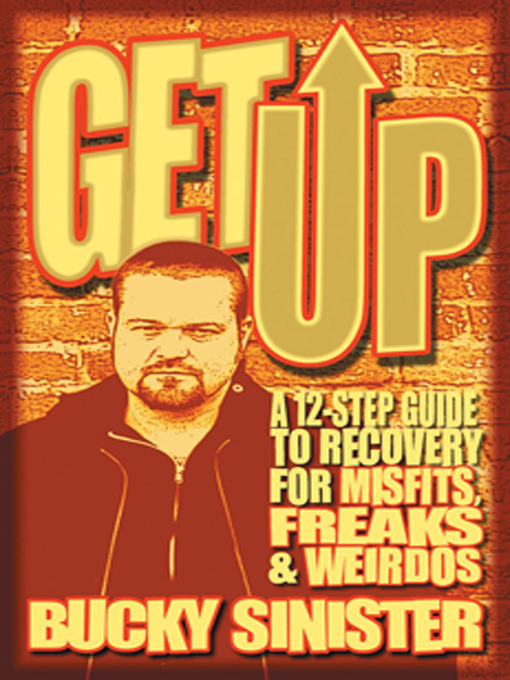As an atheist with a background in fundamentalism, Bucky Sinister was skeptical of 12-step groups when the time came for him to get sober. He was afraid of losing his artistic abilities and had big problems with the higher power concept. In spite of his hesitations, he stuck with the program and it rewarded him greatly. In Get Up, he shares the knowledge he gained on his journey, from being afraid of AA philosophies to embracing them, motivating others to join him in their own efforts to get clean.
Sinister, a spoken word artist, poet, and performer, well-known on the West Coast for his grabbing, truthful, funny performances, puts out his own story, no frills, no excuses, and no holds barred. He offers a tough-love approach to recovery for all those, like him, who are turned off by traditional "recovery" books.
Sinister got sober in AA and has stayed sober in AA, and now he leads the very group he joined on his path to recovery. In Get Up, he shares the stories and the steps that come from the "self-identified scum bags who just might save your life." He talks straight to readers about how to make it work if they can't buy into the program right away. For example, "Higher Power" can be a whole lot of things — Thor and metaphor among them. He helps readers to accept the group in spite of their differences, rather than walking away.
Get Up is the book that Sinister would have bought for himself, with the advice he wanted to hear when he rst ventured into recovery.


